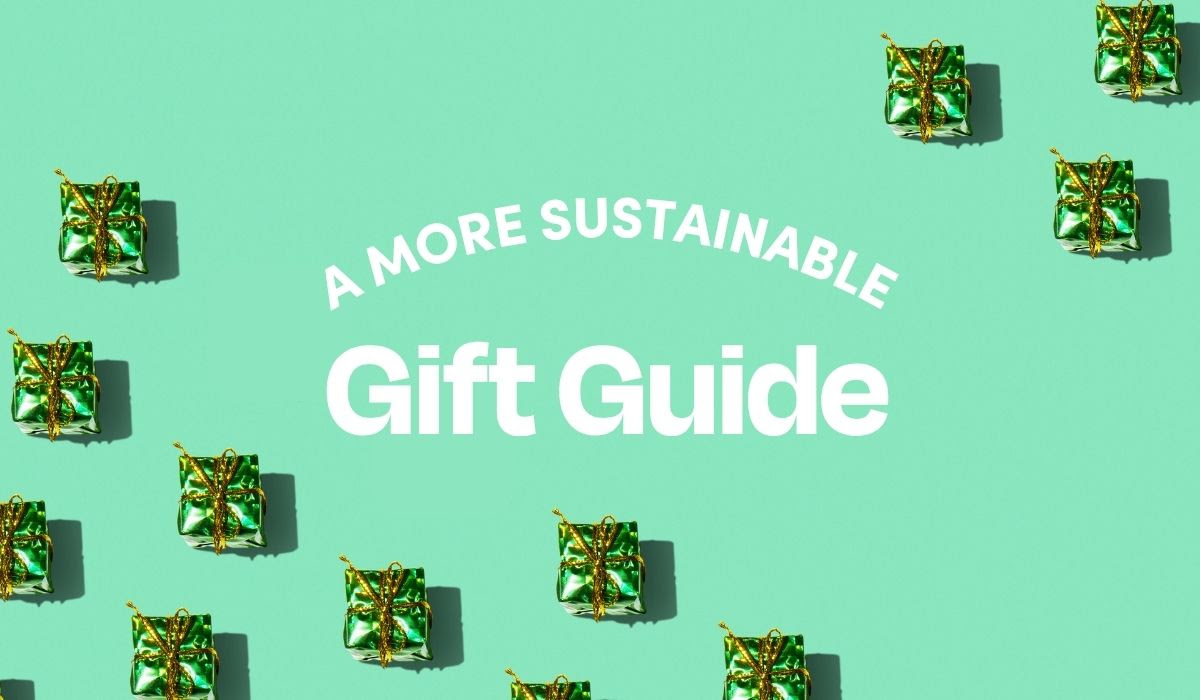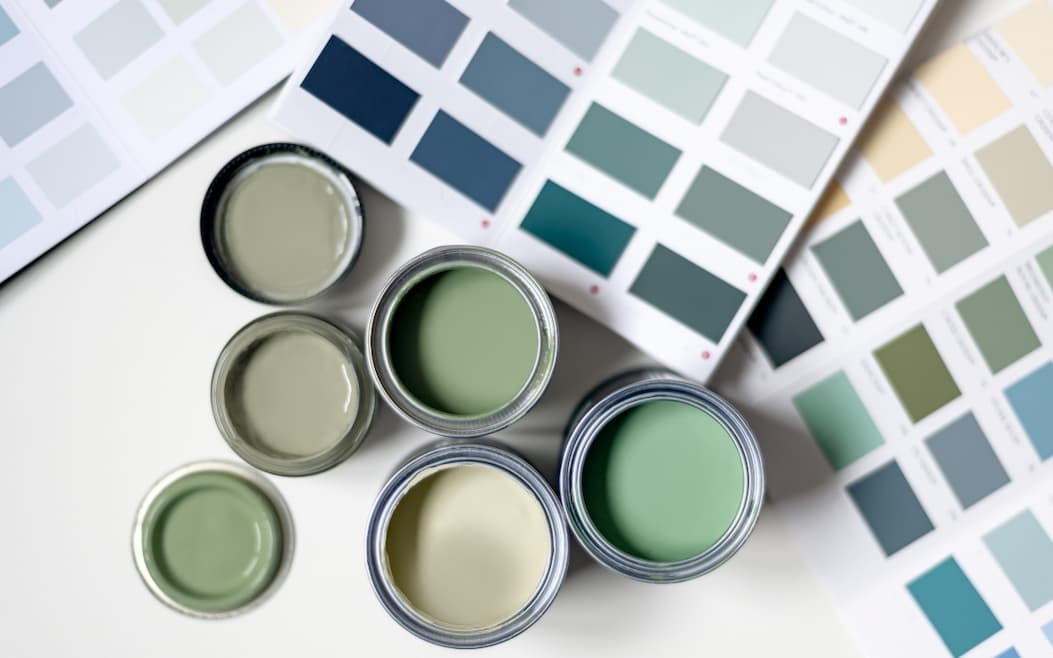The Best Eco-Friendly Disposable Napkins

WHAT TO BE WISE ON
All disposable napkins are made of some type of paper pulp, but not all pulps are created equal. While virgin pulp is the most damaging, alternatives like post-consumer recycled or bamboo pulp can help reduce deforestation and associated emissions. Certifications like those from the Sustainable Forestry Initiative (SFI) and the Forest Stewardship Council (FSC) can help you sort out which brands are sourcing pulp from responsibly managed forests to help with biodiversity restoration and forest conservation. Also know that napkins aren’t naturally white! You’re better off with ones that are chlorine-free to avoid the nasty dioxins associated with bleaching. This will allow them to biodegrade in a composter without fear of contamination.
THE FACTORS TO CONSIDER
Paper Pulp
Paper pulp is the main component in disposable napkins and can come from various sources: virgin wood, post-consumer recycled content, pre-consumer recycled content, or bamboo.
Virgin Paper Pulp
Virgin pulp is the most popular, but most damaging pulp component. America’s favored virgin pulp comes from the Canadian boreal, where industrial logging for America’s tissue industry currently claims one million acres of forest every year. This practice harms the lives of the Indigenous Peoples in the area and kills off local animals, including caribou, which are indicator species that serve as a barometer of health for the forest. On top of these injustices, industrial logging releases carbon that had previously been stored in the forest’s soil and reduces the number of trees that can absorb earth-warming greenhouse gases. The NRDC reports that making tissue products from 100% virgin fiber generates three times more CO2e than tissue products made from other types of pulp.
Recycled Paper Pulp
Don’t worry, it’s not all bad news! Recycled paper pulp is an increasingly popular alternative to virgin pulp. Recycled pulp minimizes damage to forests and requires only half the water of virgin pulp products. There are two sources of recycled paper pulp: pre-consumer and post-consumer waste. Pre-consumer pulp comes from sources like obsolete paper stock or unused paper products, while post-consumer pulp comes from used paper that has been recycled to give it a second life. Both types of pulp are a massive improvement on virgin fiber in terms of protecting forests, but post-consumer pulp does way more to reduce overall waste. The EPA recommends buying napkins that contain at least 30-60% post-consumer recycled pulp, but don’t be afraid to go above and beyond; more post-consumer recycled pulp = less waste.
Bamboo
Bamboo has become a popular pulp alternative, but it’s important to note that its use in paper products is nothing new. Bamboo has an extensive history in Asia and South America, and it’s about time we stop colonizing the use of bamboo here! Bamboo can grow 20 times faster than trees in the boreal and its cultivation is gentler on the land than the clearing required to harvest virgin wood pulp. According to the NRDC, tissue products made from bamboo pulp release 30% fewer greenhouse gas emissions compared to tissue made from virgin pulp. At the same time, bamboo can also be considered an invasive plant, is water intensive, can require significant fertilizer application, can have impacts on biodiversity, and can result in forest clearing (i.e. deforestation). So, don’t let anyone fool you into thinking that ALL bamboo is more sustainable simply because it is bamboo. If you shop for bamboo products, it’s important to look for the FSC certification to ensure sustainable sourcing and transparency in the supply chain.
Chemical Treatments
Various chemicals are used when making napkins out of paper pulp. Below are a few that we recommend avoiding.
Chlorine Bleach
Most conventional napkins use chlorine bleach to give them that bright white sheen. Unfortunately, chlorine bleach contains harmful environmental pollutants called dioxins. These dioxins are emitted during manufacturing, poisoning waterways and animals, and sometimes making their way into our bodies through food. At high levels of exposure, dioxins can cause hormone and immune imbalances, allergies, and even cancer. Look for napkins that are unbleached or chlorine-free.
Formaldehyde
Formaldehyde is a colorless, strong-smelling chemical found in an array of products, including those made with wood and paper. Products made with formaldehyde can release the chemical in gas form which, when inhaled, is known to cause skin, eye, nose, and throat irritation.
A FEW TAKEAWAYS
The carbon footprint of napkins is relatively small compared to other household goods, but considering soiled napkins are unrecyclable, it’s important to use alternatives when possible. When purchasing napkins, try to buy those made of post-consumer recycled or bamboo pulp, that have SFI or FSC certifications, and that are chlorine-free to reduce their environmental and ecological footprints.
Certifications
Here are some certifications to look for when shopping this category.

The Forest Stewardship Council (FSC) certification ensures products come from responsibly managed forests that provide environmental, social, and economic benefits. FSC has close to 50 forest management standards that apply in over 85 countries, so if you want to ensure that you’re purchasing toilet paper from responsibly managed forests, make sure it bears the FSC label.

The Sustainable Forestry Initiative (SFI) has a robust set of forest certification standards that enable forest managers in the United States and Canada to demonstrate that they are measuring quality, biodiversity, wildlife habitat, species at risk, forest conservation value, forest fiber content, and forest product traceability. The SFI is also committed to promoting forest-focused collaborations rooted in recognition and respect for Indigenous Peoples’ rights and traditional knowledge, as well as conservation.

Rainforest Alliance certification programs promote best practices for protecting standing forests, preventing the expansion of cropland into forests; fostering the health of trees, soils, and waterways; and protecting native forests.
Join today to get access to product recommendations,
unlimited articles, and exclusive weekly content.
(16% discount)
Already a member? Log in.
Choose Wisely with Finch

Craft Striped Green Organic Cotton Fringe Napkins
These are sleek and perfect for elevated nights at home


Riviera Napkin
These napkins are ethically crafted in Ethiopia with hand spun Ethiopian cotton
.svg)
.svg)

Small Cloth Napkins
These are single-ply, 100% cotton flannel cloth napkins and while not great for dinner parties, they're a great disposable swap

Organic Cotton Khaki Napkins
These napkins work well for a dinner party, made without synthetic fibers

.svg)

Organic Cotton Napkins (Set of 12)
These napkins are produced in BSCI (Business Social Compliance Initiative) certified factors, which aim to improve working conditions throughout the supply chain.


Learn more about our sources and methodology
LEARN MORE










